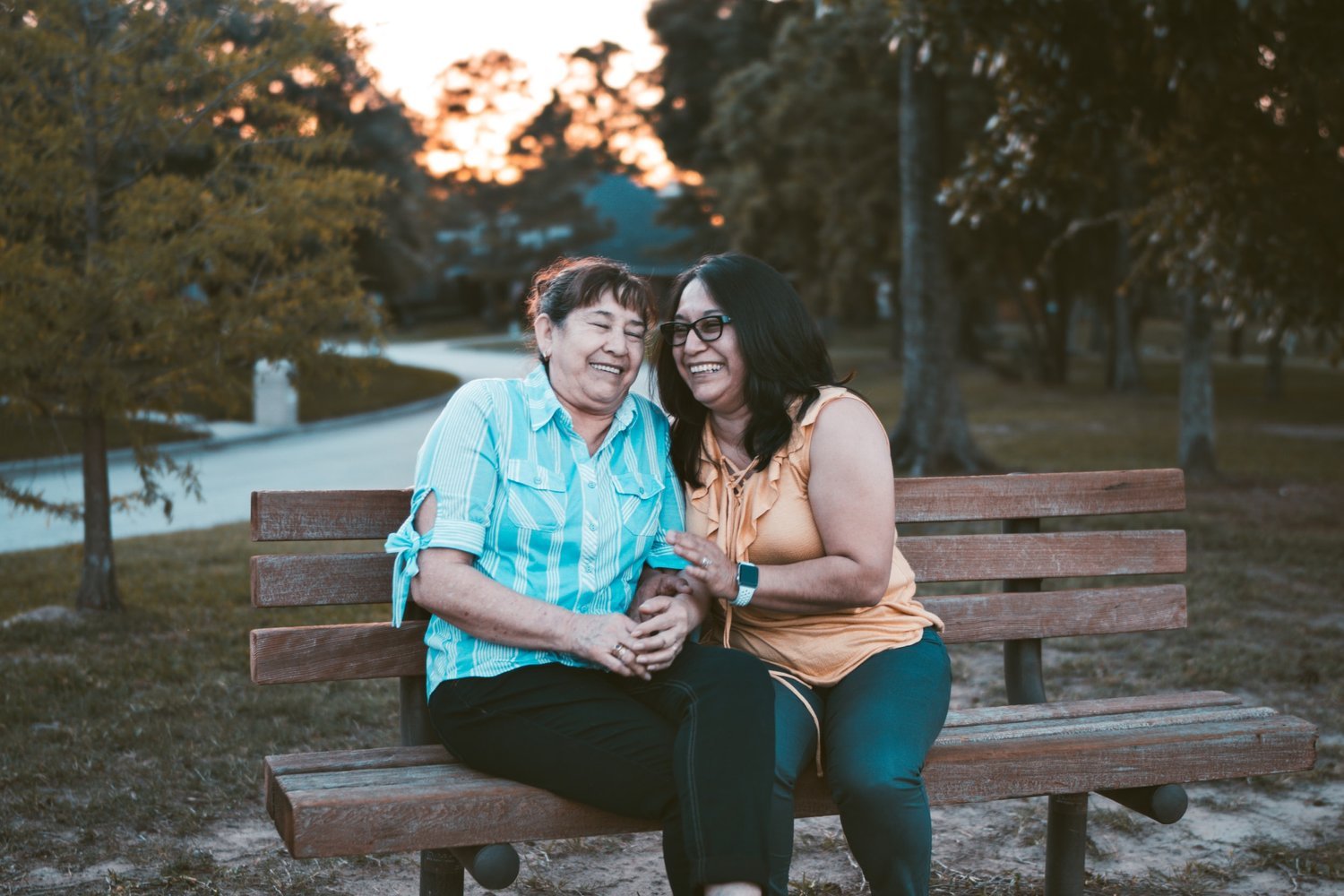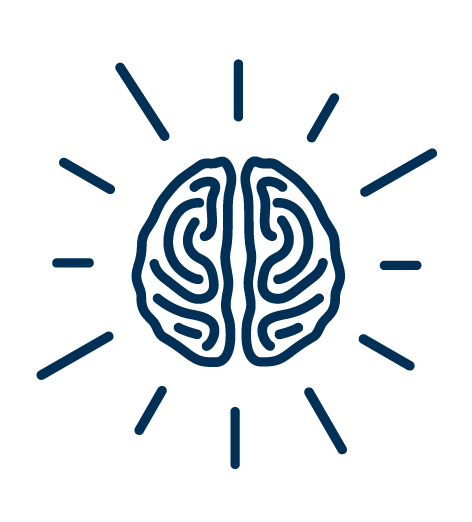
Keeping caregivers in mind
At BrainCharge, our mission is to serve the community of caregivers who are supporting individuals impacted by brain-related trauma, injury, or illness.
care·giv·er
/ˈkerˌɡivər/
noun
A CAREGIVER is a person who provides direct care (as for children, elderly people, or the chronically ill.)
Source: Merriam-Webster
Who is affected?
All of them need care. Most of them rely on a family caregiver.
The challenge of being a caregiver to a loved one with a brain-related trauma, injury or illness is that the disease or disability isn’t always visible. It can be physically and emotionally exhausting, as well as isolating for the caregiver. This is our “why” at BrainCharge, to bring together an often overlooked community of caregivers, in support of their health and wellbeing.
Vidya Ayyr, Founder & CEO
More than an estimated 53 million Americans serve as family caregivers. As an unpaid workforce they provide an approximate $470 billion worth of services in the US annually.
Source: National Alliance for Caregiving and AARP
"There are only four kinds of people in the world: those who have been caregivers, those who are currently caregivers, those who will be caregivers, and those who will need caregivers."
-Rosalyn Carter, Former First Lady of the United States















